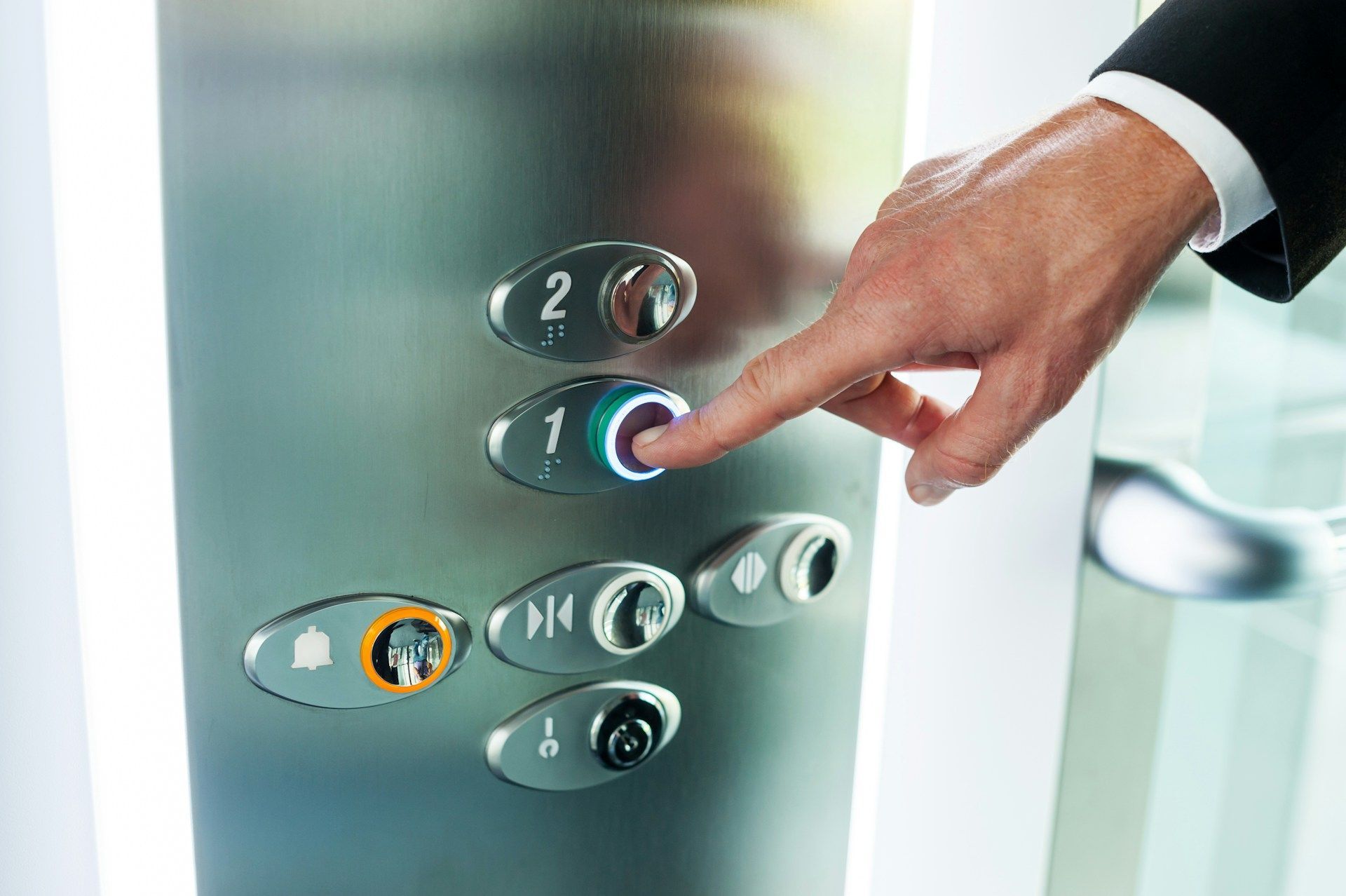What to Look for When Hiring an Elevator Maintenance Company
Hiring the right elevator maintenance company is key to ensuring the safety and reliability of elevators that many people depend on daily. Elevators are more than a luxury in multi-story buildings; they're essential for accessibility and safety. When elevators work smoothly, they contribute to the efficient operation of residential buildings, offices, and public spaces. Therefore, selecting a maintenance partner requires careful consideration and informed decisions to prevent accidents and ensure long-term functionality.
Imagine you've just moved to a new apartment block. Everything's going great until the elevator starts malfunctioning. Relying on stairs won't be an option forever, especially with shopping bags or heavy luggage. This is where a qualified elevator maintenance company becomes invaluable. By choosing the right partner, you can be sure that the elevator continues to be a safe and reliable part of the building.
Experience and Expertise
When considering elevator maintenance, the experience of the company plays a big role. A company with years behind it likely understands various elevator types and the nuances of every system. This is important because elevators can range from simple to complex systems similar to the differences between a basic economy car and a luxury vehicle with all the bells and whistles.
- A deep knowledge base:
companies with decades of experience are familiar with loads of elevator brands and models. They can handle anything from minor fixes to full system overhauls.
- Qualifications and certifications: keep an eye out for industry-recognized certifications that signal expertise. These might include certifications specific to the elevator industry, indicating that staff members are trained to the highest standards.
- Problem-solving skills: experienced technicians can troubleshoot issues effectively, often spotting potential problems before they become serious.
Choosing an elevator maintenance company with solid experience and credentials ensures not only a swift response to current problems but also helps minimize future issues. When the team knows their stuff, you’re less likely to face disruptive breakdowns and more likely to enjoy a smoothly operating system.
Range of Services Offered
It's not only about experience, however; the variety of services a company offers also matters. A full-service company can manage urgent repairs, perform routine checks, and even guide you toward potential upgrades. Think of them as a one-stop shop for all elevator maintenance needs, offering peace of mind knowing every requirement is covered.
- Routine Maintenance:
scheduled inspections help maintain system smoothness and spot early issues.
- Emergency Repairs: access to a team that's available 24/7 for urgent repairs means you're never left in a lurch.
- Modernization Services: older systems can benefit from updates and enhancements to improve reliability and efficiency.
With a broad range of services on offer, a maintenance company can handle any situation that arises. This is comforting for anyone using the elevator, knowing that the company contracted will handle not just scheduled appointments but also any curveballs thrown their way.
Customer Reviews and Testimonials
When searching for the perfect elevator maintenance company, customer reviews and testimonials can be your best friends. Hearing from others who have already worked with the company gives insight into their reliability and service quality. One of the easiest ways to access these reviews is by checking online platforms that gather customer feedback. These reviews can reveal how well a company handles routine maintenance, their response time during emergencies, and how satisfied previous clients were with their results.
Evaluating reviews involves a bit of detective work. Look for patterns in feedback; if multiple reviewers mention excellent customer service or consistently on-time repairs, these might be indicators of a reliable company. On the flip side, frequent complaints about tardiness or unresolved issues should raise a red flag. Beyond online reviews, word-of-mouth recommendations from friends or colleagues can also be invaluable. These personal testimonials often provide an honest perspective on a company's strengths and weaknesses.
Cost and Contract Terms
After narrowing down your choices based on reviews and service offerings, cost and contract terms deserve careful consideration. Transparent pricing is key; you should know exactly what you're paying for without hidden fees or unexpected charges. Before signing any maintenance agreement, review the details of what's included. This often covers service frequency, emergency response times, and any potential additional charges.
Comparing quotes from multiple companies can help ensure you're getting a fair deal. It's wise to evaluate what each package offers beyond just the dollar amount. In some cases, spending a little more might mean better service or quicker emergency response. A well-detailed contract provides peace of mind, laying out what you can expect from the maintenance company and eliminating surprises down the road.
Putting It All Together
When selecting an elevator maintenance company, several factors come into play. The decision impacts not just the day-to-day functioning of your elevators but also the safety and satisfaction of everyone who uses them. From evaluating experience and service range to weighing reviews and costs, each step is a building block in ensuring you choose a partner that matches your needs and priorities.
Safety and reliability are the cornerstones of what you should look for in any maintenance company. Ensuring that their services align with your building’s needs while fitting within your budget completes the package. With the right partner, you can rest easy knowing that the elevators will continue to operate efficiently, minimizing downtime and keeping everyone moving smoothly.
Choosing the right partner for your elevator needs doesn't have to be a challenge. If you're in Kentucky or Indiana and require a reliable
elevator maintenance company, consider reaching out to Elevator Solutions Inc. We understand the importance of safety and efficiency, and we're ready to help you ensure your elevators are in top condition. Connect with us today to discuss how our expert team can meet your maintenance requirements.



